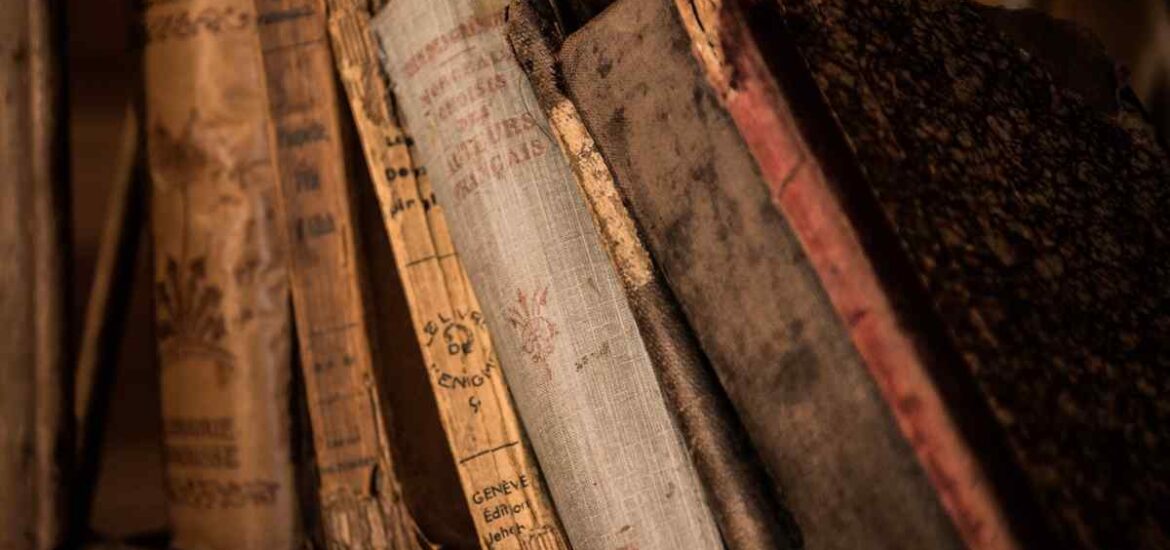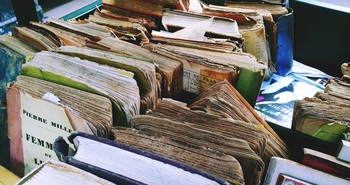As students, educators, and book lovers, we accumulate a vast collection of textbooks over the years. However, as new editions are released and courses change, many of these textbooks become obsolete and end up collecting dust on our shelves. Instead of letting them go to waste, consider recycling your old textbooks to give them a new life and contribute to a more sustainable future. In this article, we’ll explore the benefits of recycling old textbooks and provide you with practical tips on how to do it.
Benefits of Recycling Old Textbooks
- Conserves Natural Resources: Recycling old textbooks helps conserve natural resources, such as trees, water, and energy, which are used in the production of new books.

- Reduces Landfill Waste: By recycling your old textbooks, you can help reduce the amount of waste that ends up in landfills, where it contributes to environmental pollution.
- Saves Energy: Recycling requires less energy than producing new products from raw materials, helping to reduce greenhouse gas emissions and combat climate change.
- Supports Recycling Industry: Recycling your old textbooks supports the recycling industry and creates jobs in recycling facilities and related industries.
- Preserves Knowledge: By recycling your old textbooks, you can ensure that the knowledge contained within them is preserved and made accessible to future generations.
How to Recycle Old Textbooks
- Donate to Libraries or Schools: Many libraries and schools accept donations of old textbooks. Contact your local library or school to inquire about their donation policies.
- Donate to Charities: Charities such as Goodwill, Salvation Army, and Books for Africa accept donations of old textbooks. These books are then sold or distributed to those in need.
- Sell Your Textbooks: If your textbooks are still in good condition, you can sell them online through websites such as eBay, Amazon, or textbook buyback sites like BookFinder or TextbookRush.
- Trade with Other Students: Consider trading your old textbooks with other students who may need them for their courses. You can do this through student forums, social media groups, or book swapping events.
- Recycle Through Book Recycling Programs: Some companies specialize in recycling books and other paper products. Look for book recycling programs in your area or online.
- Use Eco-Friendly Disposal Methods: If you cannot find a way to recycle or donate your old textbooks, dispose of them responsibly by using eco-friendly methods such as composting or shredding for use as mulch or bedding.
Tips for Recycling Old Textbooks
- Check for Any Personal Information: Before donating or recycling your old textbooks, make sure to remove any personal information, such as notes or bookmarks.
- Research Recycling Options: Research local recycling options for books, as not all recycling facilities accept them. Look for specialized book recycling programs or events in your area.
- Consider Digital Alternatives: If you no longer need the physical copy of your textbook, consider switching to digital alternatives, such as e-books or online resources, to reduce waste.
Conclusion
Recycling old textbooks is a simple yet impactful way to contribute to a more sustainable future. By donating, selling, or recycling your old textbooks, you can help conserve natural resources, reduce landfill waste, and support the recycling industry. Next time you’re looking to clear out your bookshelf, consider recycling your old textbooks instead of letting them go to waste.


